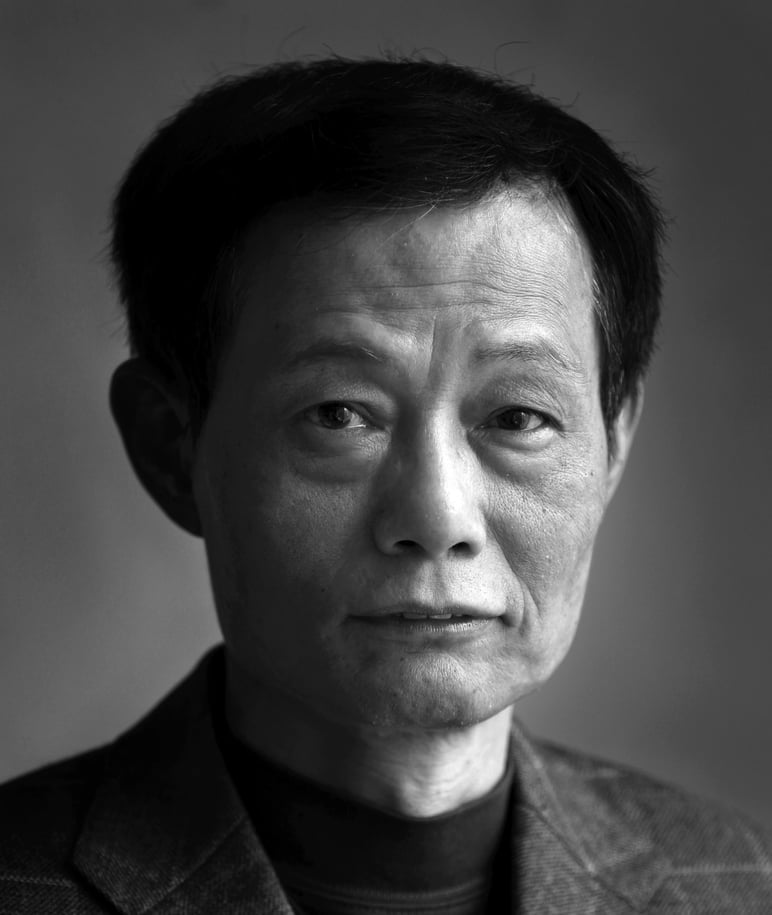
Will Xi Jinping’s new era of one-man rule bring the progress China desires?
Cary Huang says President Xi Jinping is meeting the demand for a return to ‘strongman’ politics, but this also risks repeating the tragedies of the Mao era. In today’s world, no nation can truly modernise under such a system

A new era dawns for Xi Jinping’s China, but what will it mean for the rest of the world?
This new era marks the resurrection of Mao’s one-man rule and symbolises the death of Deng’s two most important political legacies: the consensus-building “collective leadership” and an orderly power succession mechanism.

Opinion: Why China’s Xi might come to regret all that power
But such an effort goes against the trend in political restructuring since Deng, who on several occasions warned that an overconcentration of power is liable to give rise to arbitrary rule by individuals at the expense of the collective leadership.
Analysis: What President Xi Jinping’s new leadership team means for China’s economy
Jiang and Hu aimed to expand “intra-party democracy” as their goals of limited political reform. Xi’s populist-style rule and charismatic leadership prove that the party is unable to institutionally limit such centralisation of power.
Unlike Mao, who founded the republic, and Deng, the architect of China’s reform, Xi, with just five years in power, lacks the achievements and charm needed to gain respect among party elites. Thus, Xi may rely on fear rather than love to maintain his grip on power. Such a structure is likely inject political instability and uncertainty into the system, and risk a power vacuum should the strongman leader suddenly become ill or die.

Why China is reviving Mao’s grandiose title for Xi Jinping
It was Mao’s brutal dictatorship, resulting in millions of deaths due to famine and political purges, that prompted the leadership as a whole to end “one-man rule” and install collective leadership following his demise.
In political science, there are many terms synonymous with “one-man rule”, including authoritarianism, autocracy, tsarism, absolutism, totalitarianism, dictatorship, Stalinism and tyranny. These all suggest a political system governed by a single individual, but also indicate that under such a system, freedom, civil rights and rule of law hardly exist. The worst fear is that a nation under such a system might face an Orwellian nightmare, repeating the tragedy of Mao’s reign.

Forget Mao Zedong, Xi Jinping is more Charles De Gaulle
In the real world, no country can modernise economically and socially under a system of one-man rule, as all developed economies are free democracies underpinned by constitutional checks and balances.
Cary Huang is a senior writer at the Post


